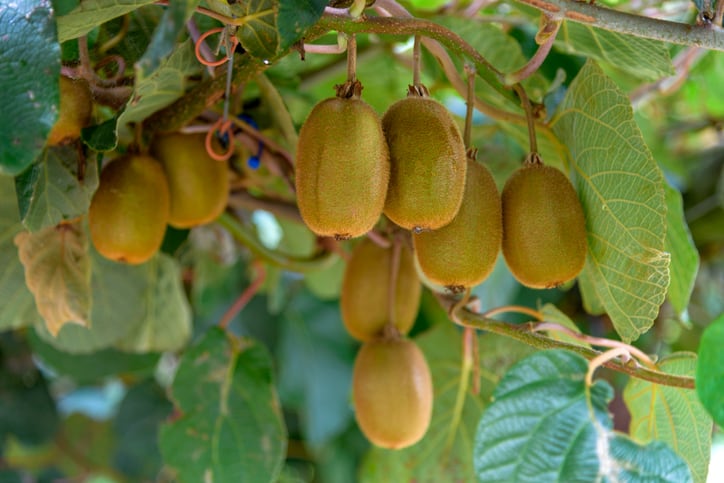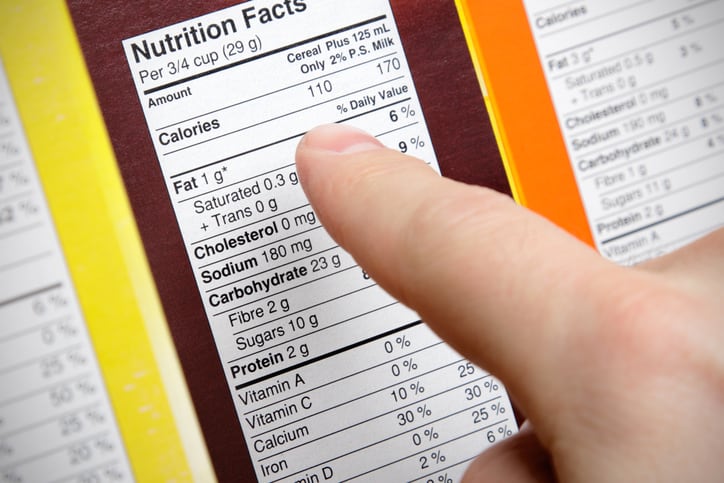The HVN NSC is on 10-year mission to develop high-value foods with validated health benefits in hopes to increase export revenues from the food and beverage sector by 2025.
Funded by the New Zealand Ministry of Business, Innovation and Employment, the organisation recently published its annual report, providing an update on the progress of the four key programmes from June 2020 to July 2021.
In the digestive health programme, the previous annual report found kiwifruit is comparable to psyllium fibre as a treatment for constipation. This made way for Zespri International Ltd to promote kiwifruit as a locally-grown food and high-value food that benefits wellbeing.
Two new clinical studies are now in the works with industry partners, currently recruiting subjects to study the effect of kiwifruit on constipation and irritable bowel syndrome.
For the immune health programme, it is in the midst of developing a world-leading immune profiling platform. Two clinical studies are underway to validate the platform's ability to evaluate immune impacts of F&B products.
Led by Dr Olivier Gasser of the Malaghan Institute of Medical Research (MIMR), it is seeking to be the first research programme in the world to demonstrate the value of multi-laser flow cytometry technology in nutritional immunology. The technology can identify single cells with low expression of key biomarkers associated with, for example, a compromised immune system
This approach is expected to be available to New Zealand’s F&B companies to explore the functionality of their products.
In the infant health programme, there is collaboration across HVN to create a novel weaning food with increased levels of resistant starch.
The previous annual report mentioned the concept of kūmara, a root vegetable, as a common weaning food. Kūmara is rich in prebiotic and may positively influence infant gut health and immunity. This year, a clinical trial is planned for kūmara once lockdown restrictions allow for participant involvement
For the metabolic health programme, a strong focus is on diabetes prevention especially in high-risk Asian consumers. This year, it has recruited 13 industry partners which will see companies develop
food products for a clinical trial at the University of Auckland's residential Human Nutrition Unit. The trial will identify established and novel blood, urine and faecal microbiome markers of increased type 2 diabetes (T2D) risk in Asian Chinese individuals and undertake nutritional interventions that target these biomarkers to decrease T2D progression in high-risk individuals.
The 13 companies are Anagenix, Arepa, Ceres Organics, Fonterra, Harraways, High Health Alliance Ltd, Mt Cook Salmon, NUKU ki te Puku Māori business cluster, Sanitarium, T&G Fresh, The New Zealand Quinoa Co., Zealong Tea Estate and Zespri.
The HVN NSC has also initiated the 'He Rourou Whai Painga' pilot study in preparation for a nation-wide dietary intervention study on reducing risk of T2D using New Zealand products.
This concept draws from the traditional ‘rourou’ or flax plaited food basket, which contains ‘whai painga’ nourishing high-value New Zealand foods.
A project working with kawakawa (Piper excelsum), a herbal Māori medicine is underway to examine the metabolic and immune effects of consuming this native plant.
Science-backed future
As of 2020 to 2021, there were 214 publications in peer-reviewed sources from HVN NSC programmes since 2014, reflecting high productivity and outputs.
The programme’s current end date is 30 June 2024 and the future remains unclear, so the HVN NSC has begun to plan for the closure of the programme.
A dedicated strategic planning session is scheduled for the end of 2021 for the HVN Board to consider key aspects of the HVN NSC which need to be addressed in anticipation of the programme's end.
The HVN NSC is hosted at the Liggins Institute by the University of Auckland, with the University of Otago, Massey University, AgResearch, and Plant & Food Research as primary collaborating institutions.
HVN's scope of funding and collaboration is not limited to these institutions and it supports projects across New Zealand.




